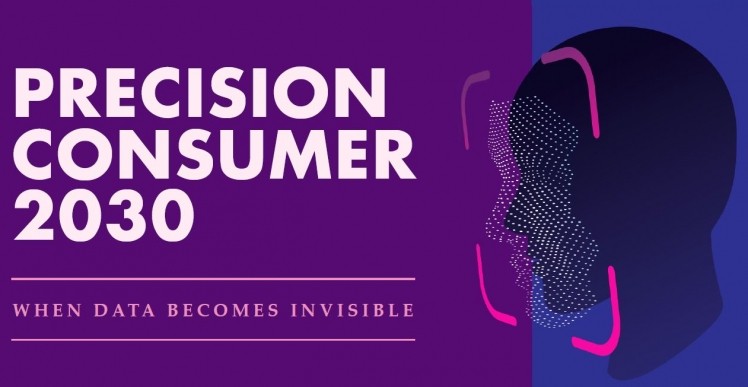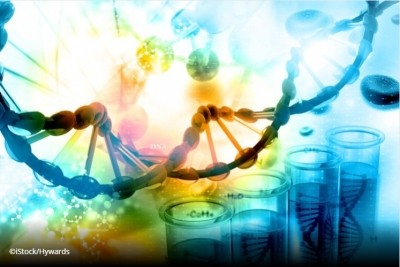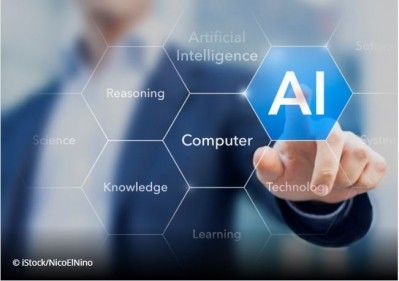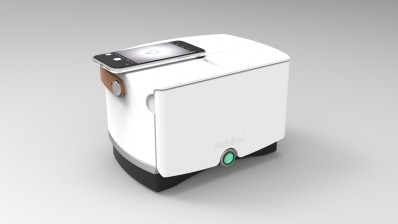WEF praise for tech role in personalised nutrition as trust and privacy issues flagged

The report believes gut information or other personal data, paired with technologies such as Artificial Intelligence (AI) and the Internet off Things (IoT), could push Personalised Nutrition (PN) into new realms of insight.
“While still a long way from implementation at scale, according to experts, a good diet must be individualised,” says Eric Topol, executive vice president of Scripps Research.
“The idea of a universal diet is overly simplistic and contradicts the remarkable heterogeneity of human metabolism, microbiome, and environment, to name just a few of the dimensions that make each of us unique.”
Davos annual meeting
The report, featured at the WEF’s meeting in Davos last week, is one of a series of papers that discusses a broad range of global issues that include Traceability and Sustainability and Cybercrime Prevention.
This report, entitled: ‘Precision Consumer 2030, When data becomes invisible,’ now believes consumers are starting to understand the value of their personal, biological data that can range from DNA to voice tech, image recognition to the microbiome and digital biometrics to retinal scanning.
Companies involved in AI and the IoT are especially well placed as the report thinks people are willing to pay up to a 20% premium on certain DNA-based products and services - a move that puts market pressure on all products and services to become deeply personalised.
“For the first time, these precise recommendations can offer consumers the opportunity to improve their day-to-day consumption decisions,” says Dr Ali Mostashari, CEO and co-founder of LifeNome, a New York-based wellness AI company that aims to change how individuals make personalised wellness decisions.
“When people do a personalised diet program, we have noticed that the adherence to that program over an eight-week period is around 60% - higher than when people get generic programs.”
UBS remarks
The report follows comments recently made by investment bank UBS, which stated that heightened health awareness, coupled with the rise of ailments attributable to poor nutrition, fuelled demand for solutions that could improve individual nutritional choices.
UBS analyst Charles Eden was quoted as saying that Personalised Nutrition (PN) represented a potential such solution with the benefits food, medical diagnosis, technology and food delivery services gained enough to propel the PN industry to €58bn by 2040.
The report, produced in conjunction with technology-led cultural consultancy Sparks & Honey, continues this train of thought with examples cited that include, GenoVive, a US-based firm that uses an individuals’ unique DNA to develop customised meal and exercise programs.
Meanwhile, new miniature sensors developed at Tufts University can be mounted directly on the surface of a tooth to directly monitor the effects of food intake on the bodies of human being in real time relaying data on glucose, salt, and alcohol consumption.
“The continuous measurement of human biodata is at the core of precision consumption – it can empower consumers to make better decisions about their own health and well-being,” says Robin Farmanfarmaian, CEO and co-founder of ArO, an early stage software and device company in Virtual and Augmented Reality.
“Within ten years, we will have unlocked enough secrets of the microbiome to accurately personalize nutrition as the first line of defence against any type of diseases: whether you have eye problems, heart problems, or you’re at risk of stroke.”
Trust and innovation
In a similar commentary to UBS’ analyst note, the WEF’s report also comments on the ongoing challenges that include the growing number of data-rich entities who are leveraging consumer health data in ways that are not transparent.
In most cases, these approaches are closed systems, the report highlights, with the net result being stifled competition and ultimately, reductions in business dynamism and value for consumers.
The report des state that over 60% of consumer are willing to share medical data; lifestyle, behavioural and family history data; and genetic info and wearable data in order to advance scientific research.
However, 36% of people were not willing to share their data with a private company, if asked.
“To bring precision consumption to mainstream consumers based on their unique digital biology, the need for consumer protections will only escalate,” the report predicts.















